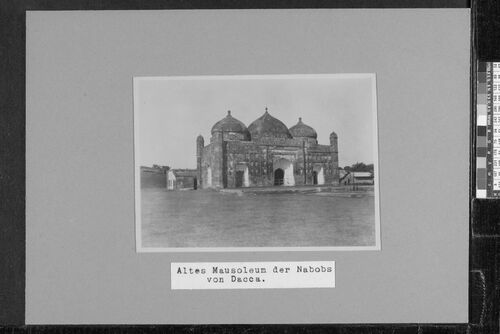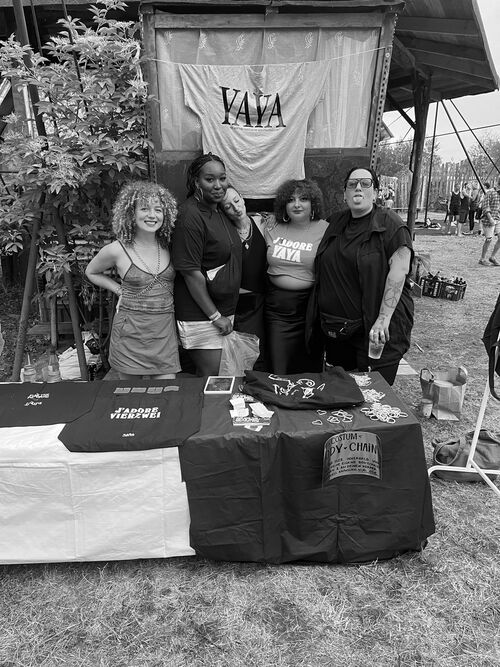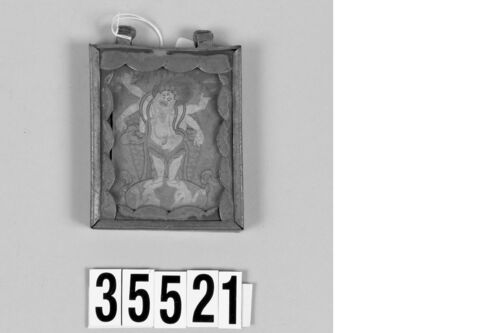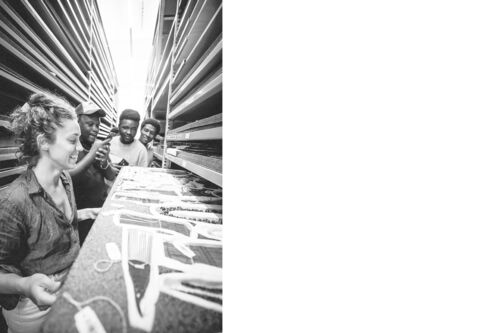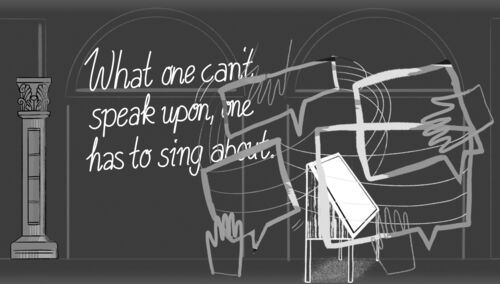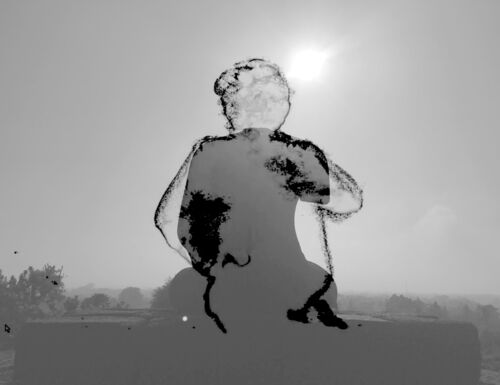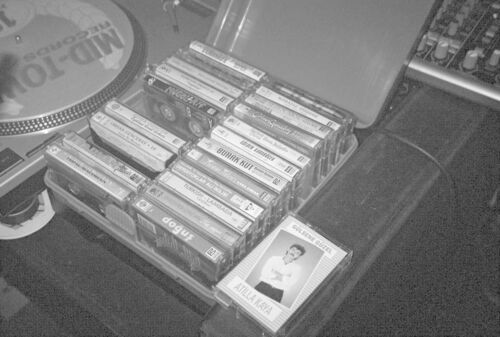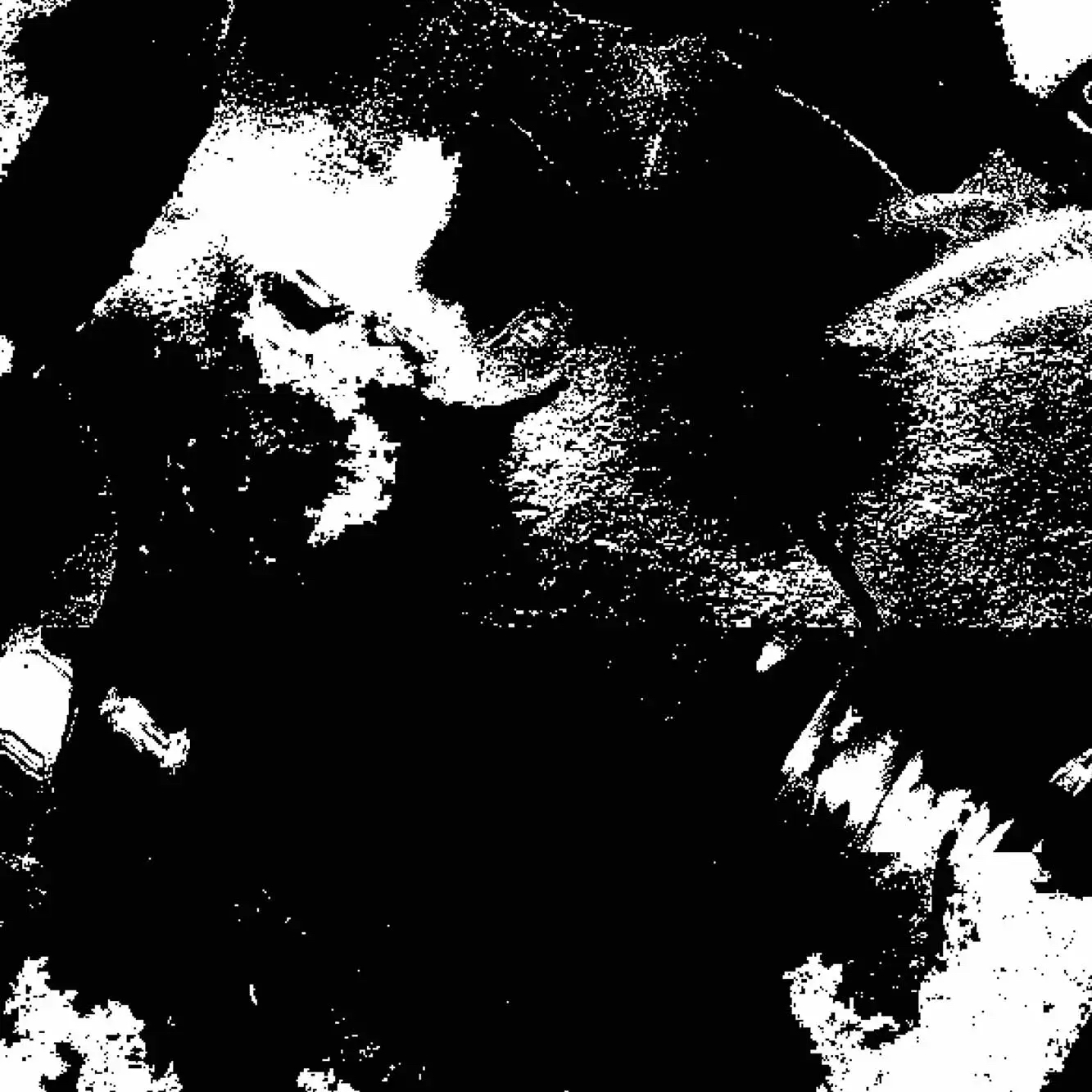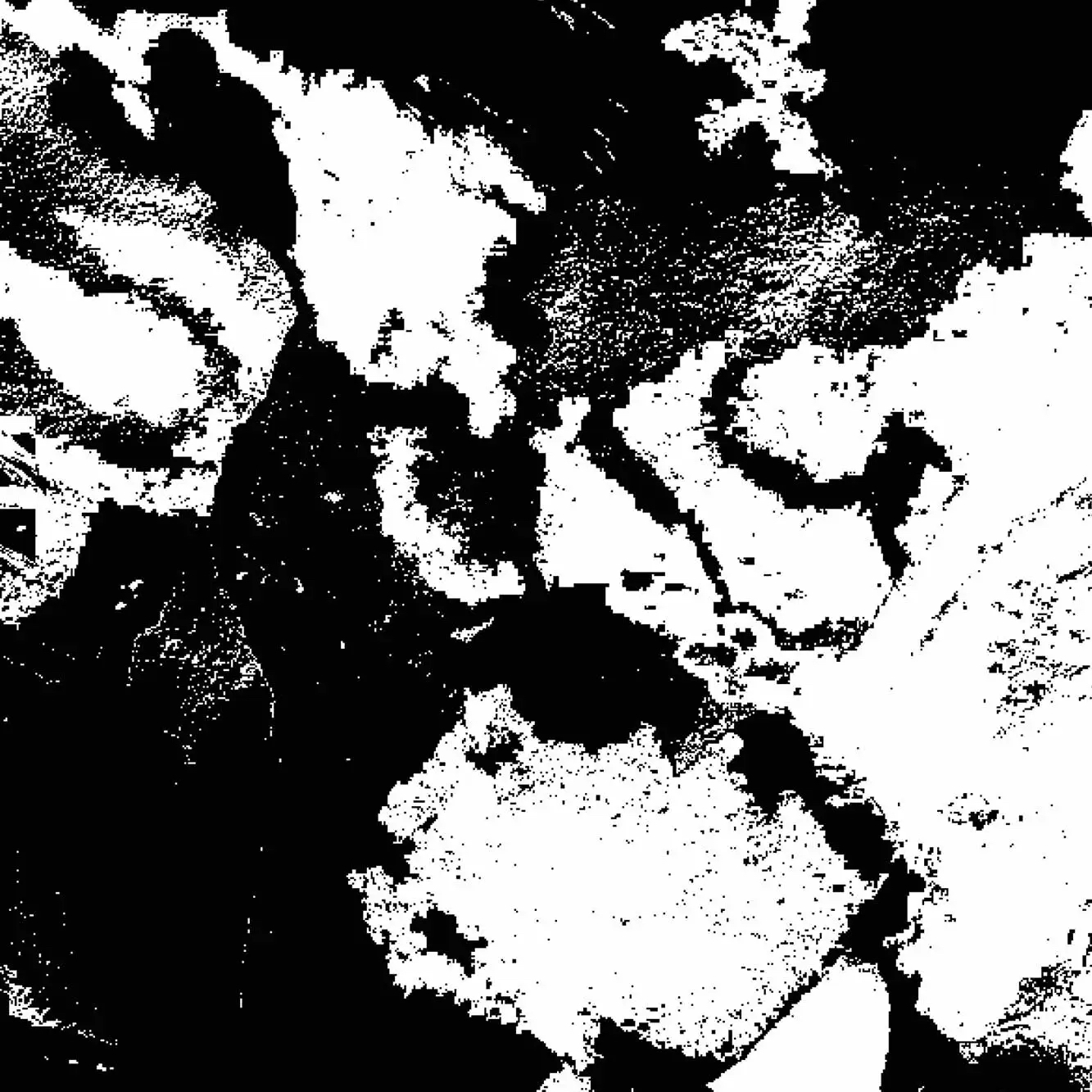07. – 09.09.23
Kunsthochschule für Medien Köln &
Rautenstrauch-Joest-Museum, Köln
Program
Infos
Location
Kunsthochschule für Medien Köln
Filzengraben 2, 50676 Köln
https://www.khm.de/
(Google Maps)
Rautenstrauch-Joest-Museum
Cäcilienstraße 29–33, 50667 Köln
https://www.museenkoeln.de/rautenstrauch-joest-museum/
(Google Maps)
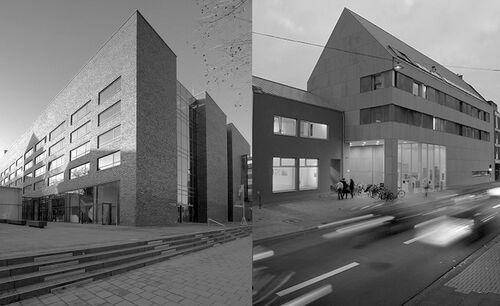
Accessibility
As a team, we are working to make this event a more inclusive event. At the same time, we are bound by the space constraints and limitations of the various venues.
Academy of Media Arts Cologne
Glasmoog: Unfortunately, our events at GLASMOOG are not entirely barrier-free. In order for us to provide the best possible service under these circumstances, please contact Mareen Biermann at info@medienwerk-nrw.de for more detailed information. Thank you for your understanding.
Auditorium: The building is accessible without barriers.
Barrier-free restrooms are available.
Rautenstrauch-Joest-Museum - Cultures of the World
The venues of the RJM are barrier-free with the exception of the depot. For more information, please contact Mareen Biermann at info@medienwerk-nrw.de.
The building is barrier-free accessible and equipped with induction loops.
Elevator access is at ground level.
Barrier-free restrooms are available.
Seating is available in the exhibition area and in the foyer. Folding chairs as walking aids or rental wheelchairs are available.
Barrier-free access is possible via the Neumarkt subway stop and via the underground parking garage. There are disabled parking spaces in the underground parking lot.
